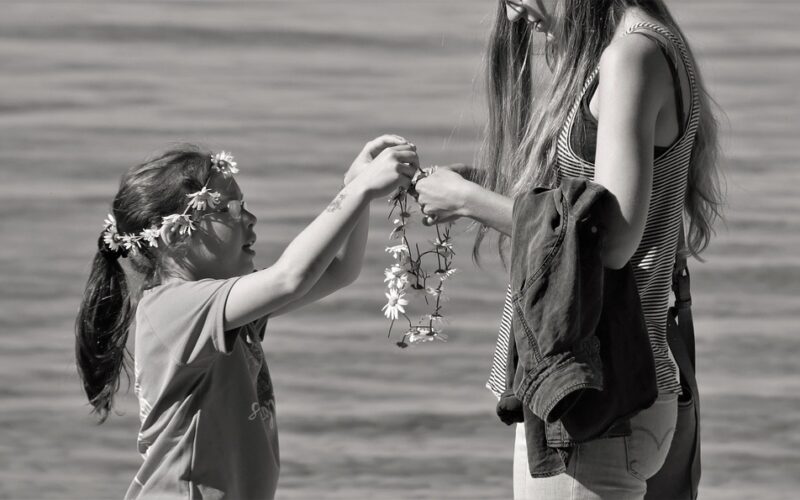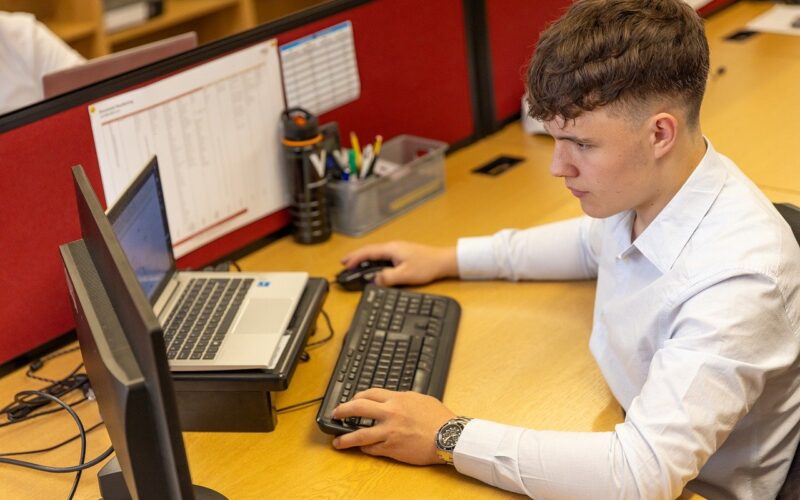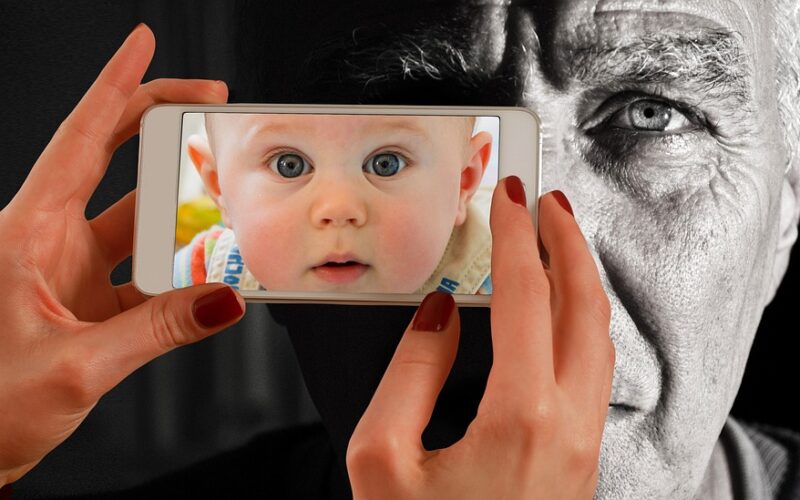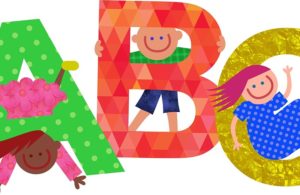Have you ever wondered why your parents, teachers and other adults insist on following certain rules of etiquette? Learning to be polite and proper is a valuable life skill that can not only make a good impression but will also benefit you in many areas of your life.
It goes far beyond simple niceties like saying please and thank you as it involves understanding how different social norms apply to different situations. s.
Etiquette sets a social framework
Being polite and following social etiquette, such as saying please, thank you, and not interrupting others when they're speaking, is of the utmost importance. Not only are these practices viewed kindly by those around us, they also show mutual respect between individuals which leads to better communication overall.
Furthermore, etiquette sets a general framework for how people in a given setting should behave, whether it's at a formal gathering or an informal one, there will clearly defined expectations for appropriate behaviour that ensure all involved feel comfortable.
In essence, politeness and etiquette go hand in hand in terms of creating an effective atmosphere where people can communicate openly without feeling threatened or judged.
A smile goes along way
Teaching your children how to confidently greet others and make small talk is an important life skill. Hello and goodbye should be taught as a priority, giving them the confidence to approach people, both adults and other children with a friendly attitude.
Help them to understand their own name by introducing themselves and allowing them to practice making small comments on things such as the weather, pets, or someone's outfit.
Start in familiar environments so that they become more and more comfortable talking to people they don't know. A smile goes along way too. Developing these skills at an early age will allow them to build these conversations over time with increasingly complex topics.
Teaching children how to behave
Teaching children how to behave in social situations like parties or family gatherings is an important part of their development. Modelling the expected behaviour yourself will go a long way in helping them understand what is appropriate.
Before the event, discuss and roleplay different scenarios that might come up and provide positive reinforcement when they perform correctly. Explain why certain behaviours are unacceptable, like talking over others while they’re speaking or jumping on furniture. Children should be reminded to use their inside voices at parties or family gatherings and encouraged to be polite by greeting people with a smile and using please and thank you.
By setting expectations beforehand, children will know exactly how to act in social situations and potentially prevent any embarrassing behaviour from happening!
Remind your children
Teaching children good manners is one of the best things you can do for them at an early age. Remind your children that it's important to always use their manners, such as saying please and thank you when asking for or receiving something from someone else.
Other basic manners include excusing themselves when they need to leave the table, listening when adults are speaking and asking before taking things from someone else. Reinforcing these behaviours from a young age will help your kids become well mannered adults, and will ensure more positive interaction with friends, family, and other peers.
Reward with verbal praise
Praising children for good manners isn't only a great way to jumpstart positive behaviour, it also helps build their confidence. When kids hear that they've said or done something polite and respectful, they'll likely be more inclined to keep the same attitude.
As a result, you'll start to see an improvement in their social skills which is essential throughout their lifetime. Letting children know when they have acted in a mannerly way will also open up communication channels between both parties, making it easier for kids to express themselves with words or actions rather than simply doing what they think is right.
As children start displaying better manners, it is important to reward them with verbal praise as it will go a long way towards improving the quality of interactions between adults and kids during mealtimes and any other moments during the day.
Be their role model
Teaching children to exhibit polite behaviour is an important step in their overall development. As a parent, it is important to remember the proverb 'actions speak louder than words' and that sometimes what you do is more effective than what you say in terms of leading by example. Modelling politeness moves beyond basic manners and includes exhibiting behaviours such as active listening, gratitude, respect for others and empathy.
By teaching your children the value of politeness through your own behaviour, you can help them gain essential life-long skills and behaviours such as communicating effectively with others, understanding different perspectives and leading with kindness.


















